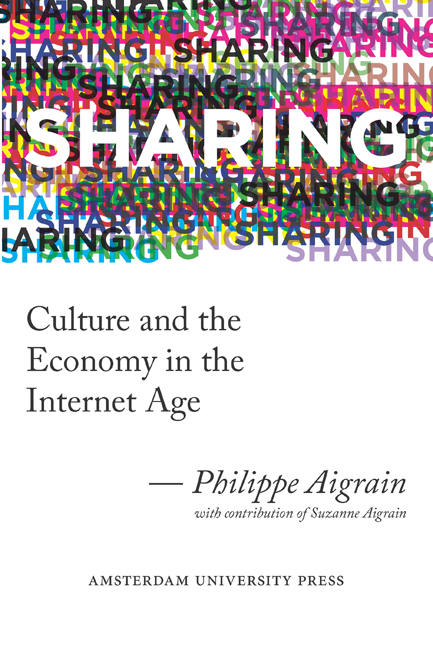11 - Clarification and Counter-Arguments
Published online by Cambridge University Press: 19 January 2021
Summary
In recent years, a lively debate has developed in countries where proposals involving a flat-rate contribution of Internet users to creative activity were made with a view to acknowledge or legalize file sharing. Most of these proposals differ from the one developed in this book because they adopted a compensatory vision of the contribution. In this chapter, we consider some of the most common criticisms. Some of them we took into account when designing our own proposal, so that they do not apply to it.
We attempt to provide short and clear answers to key points or questions, in the spirit of a “frequently asked questions” (FAQ) document. The “questions” are split into three categories: requests for clarification, counter-arguments raised by defenders of the right to share on the one hand, and by opponents on the other hand. This exercise is not by any means intended to close a debate, which we very much welcome, but rather to make our position known, so that the debate can proceed on a clear basis.
Clarification
1. Which media are covered by the Creative Contribution?
All media covered by copyright or author rights except software and copyrightable databases. The case of scientific publications is undecided. Note that this definition aims at ensuring that the rewards or support are granted only to original work. It should not be interpreted as implying that the copyright is the basis for the rewards.
2. What about non-copyrightable material such as data, facts, news and other material that is in the public domain?
Nobody can claim rewards for public domain material. However, projects whose aim is to make the public domain more accessible, and/or freely reusable, are legitimate recipients of the Creative Contribution, as they are part of the environment of creation.
3. Why are software, copyrightable databases and possibly scientific publications not included?
Because other solutions are already established or being explored in these domains.
Our first duty in these domains is to abstain from creating further obstacles to the free access to published knowledge. In this regard, the European Directive on the Legal Protection of Databases must be repealed. Then, in some cases, new financing models are needed to permit some types of software innovation to take place in the commons or to make useful editorial functions sustainable in scientific publishing.
- Type
- Chapter
- Information
- SharingCulture and the Economy in the Internet Age, pp. 157 - 168Publisher: Amsterdam University PressPrint publication year: 2012



